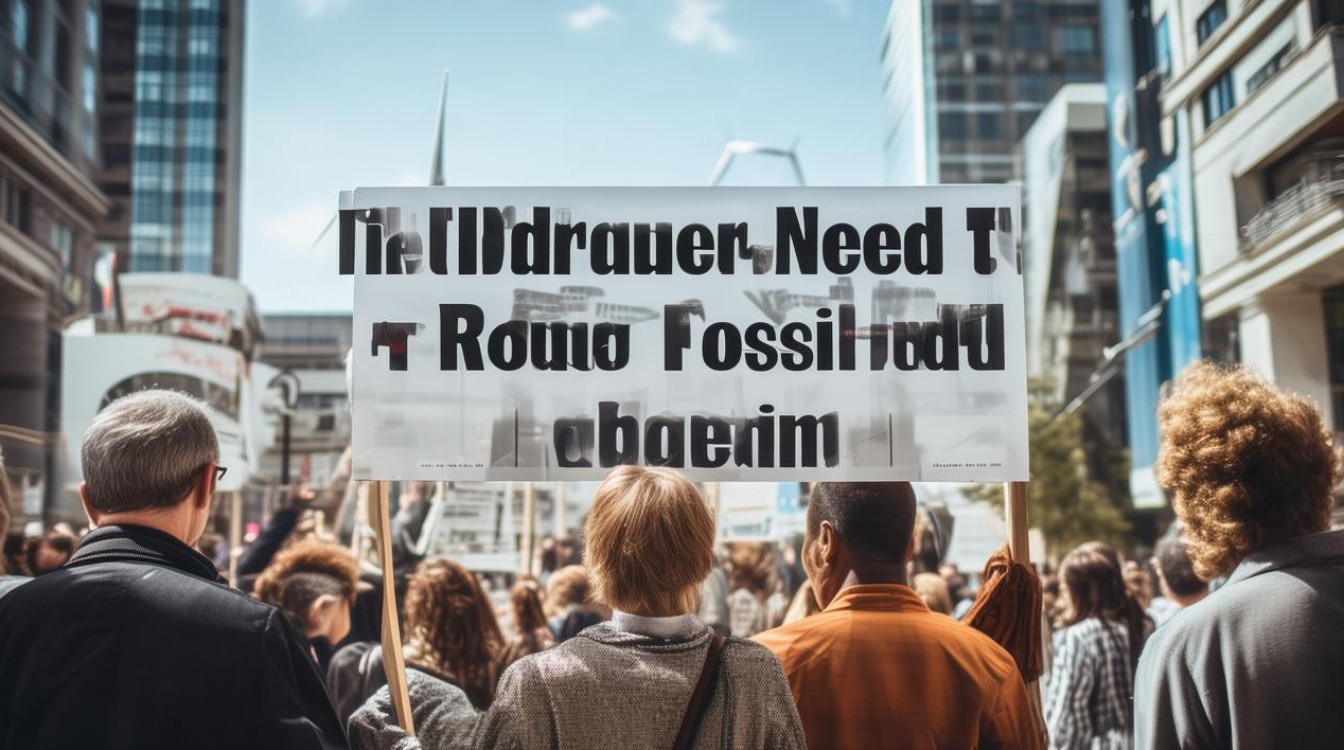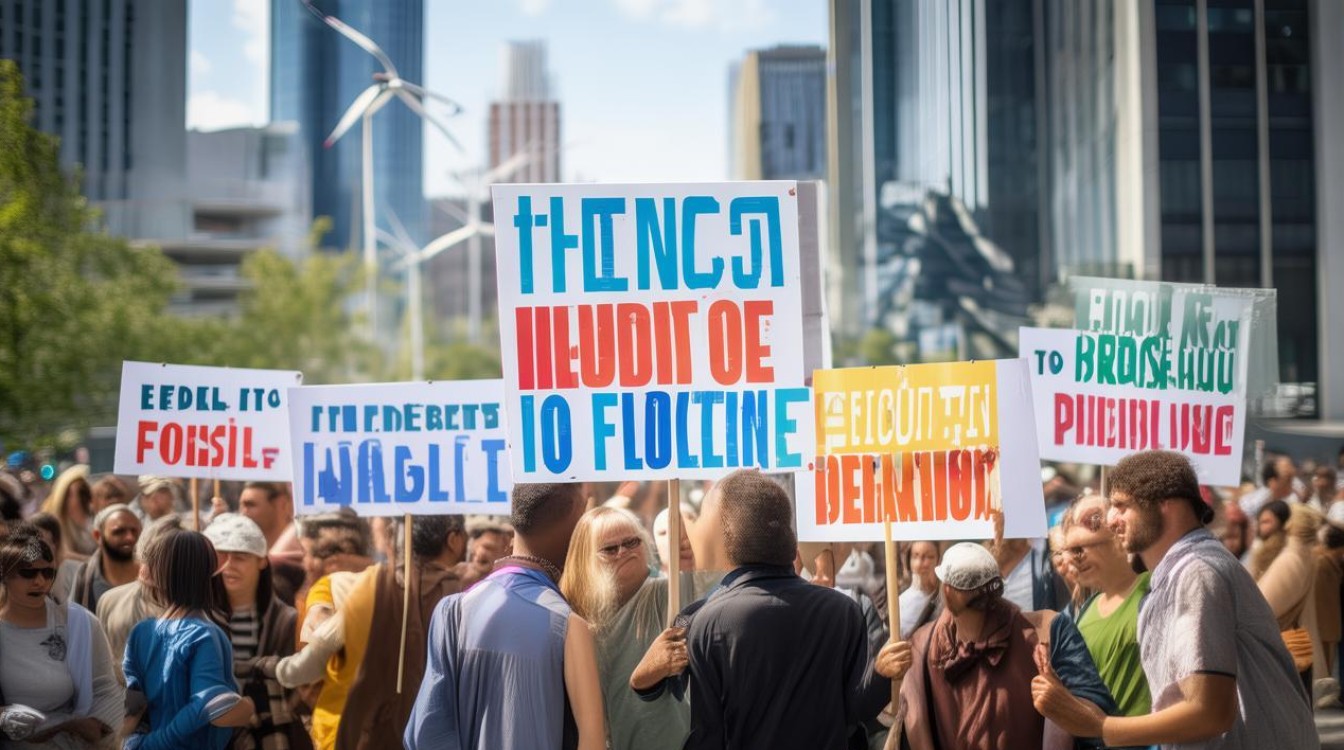The global reliance on fossil fuels has shaped modern civilization, powering industries, transportation, and households for over a century. However, the environmental, economic, and social costs of this dependence are now impossible to ignore. Climate change, air pollution, and geopolitical instability linked to fossil fuel extraction demand immediate action. Transitioning to renewable energy sources is no longer a choice but a necessity for a sustainable future.

Environmental Consequences of Fossil Fuels
Burning coal, oil, and natural gas releases vast amounts of carbon dioxide (CO₂) into the atmosphere, the primary driver of global warming. The Intergovernmental Panel on Climate Change (IPCC) warns that limiting temperature rise to 1.5°C above pre-industrial levels requires cutting emissions by 45% by 2030. Yet, current trends show emissions continuing to climb, accelerating extreme weather events like hurricanes, droughts, and rising sea levels.
Beyond CO₂, fossil fuel combustion emits sulfur dioxide, nitrogen oxides, and particulate matter, contributing to smog and respiratory diseases. Urban areas in developing nations, where coal remains a major energy source, face severe public health crises. The World Health Organization estimates air pollution causes 7 million premature deaths annually.
Economic and Geopolitical Risks
Fossil fuel markets are volatile, with prices swayed by political conflicts, supply disruptions, and speculation. Nations dependent on imports face economic vulnerability, as seen in Europe during the 2022 energy crisis. Subsidies for fossil fuels also drain public funds—approximately $5.9 trillion globally in 2020, according to the IMF—money that could support healthcare, education, or renewable infrastructure.
Oil-rich regions often experience the "resource curse," where wealth from exports fuels corruption and inequality rather than development. Renewable energy, by contrast, offers decentralization, empowering communities with local solar or wind projects and reducing reliance on unstable global markets.

The Rise of Renewable Energy Alternatives
Solar, wind, hydro, and geothermal energy have seen exponential growth in efficiency and affordability. Solar panel costs dropped 82% between 2010 and 2020, making it the cheapest electricity source in history in many regions. Countries like Denmark and Uruguay now generate over 50% of their power from renewables, proving rapid transition is feasible.
Storage technology, once a bottleneck, is advancing with lithium-ion batteries and emerging solutions like green hydrogen. Smart grids and energy-sharing platforms further enhance reliability, addressing the intermittent nature of renewables. Critics argue these technologies lack scalability, but nations like Germany and China demonstrate large-scale success, with renewables surpassing coal in their energy mix.
Policy and Individual Action
Governments must lead with bold policies: phasing out subsidies, implementing carbon pricing, and investing in green infrastructure. The European Union’s Green Deal and the U.S. Inflation Reduction Act show how legislation can accelerate change. Carbon taxes, when reinvested in clean energy, create jobs—renewables employ over 12 million people worldwide, a figure set to grow.
Individuals also play a role. Reducing energy consumption, supporting clean energy providers, and advocating for policy changes amplify impact. The youth-led climate movement has shifted public discourse, pressuring corporations and governments to act.

Challenges and Misconceptions
Opponents claim renewables cannot meet baseload demand, but grid modernization and diversified sources mitigate this. Another myth is that the transition will harm economies, yet studies show renewable investments yield higher long-term returns than fossil fuels. The International Renewable Energy Agency projects that decarbonization could boost global GDP by $98 trillion by 2050.
The fossil fuel industry’s influence remains a barrier. Lobbying has delayed legislation, and misinformation campaigns sow doubt about climate science. Transparency in policymaking and public education are vital to counter these tactics.
A Path Forward
The shift from fossil fuels is not just an environmental imperative but an opportunity to build resilient economies and healthier societies. Delaying action increases costs—financial, ecological, and human. Every ton of CO₂ avoided, every solar panel installed, and every policy enacted brings us closer to a stable climate.
The science is clear, the technology exists, and public support is growing. What’s missing is the political will to prioritize the future over short-term profits. The time for incremental change has passed; decisive action is the only way forward.


